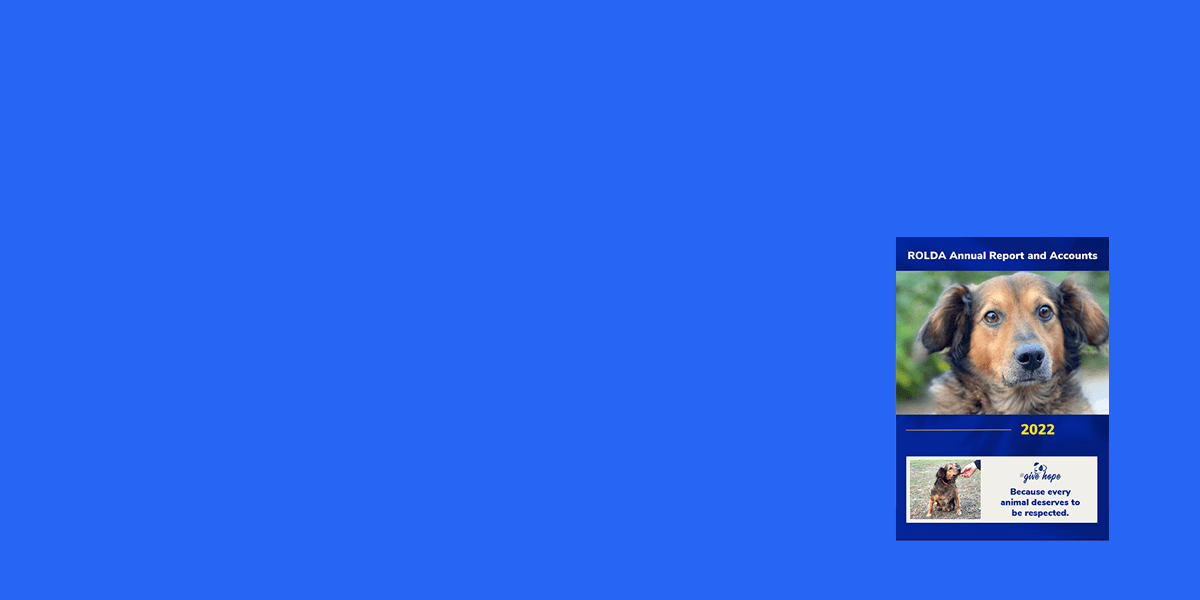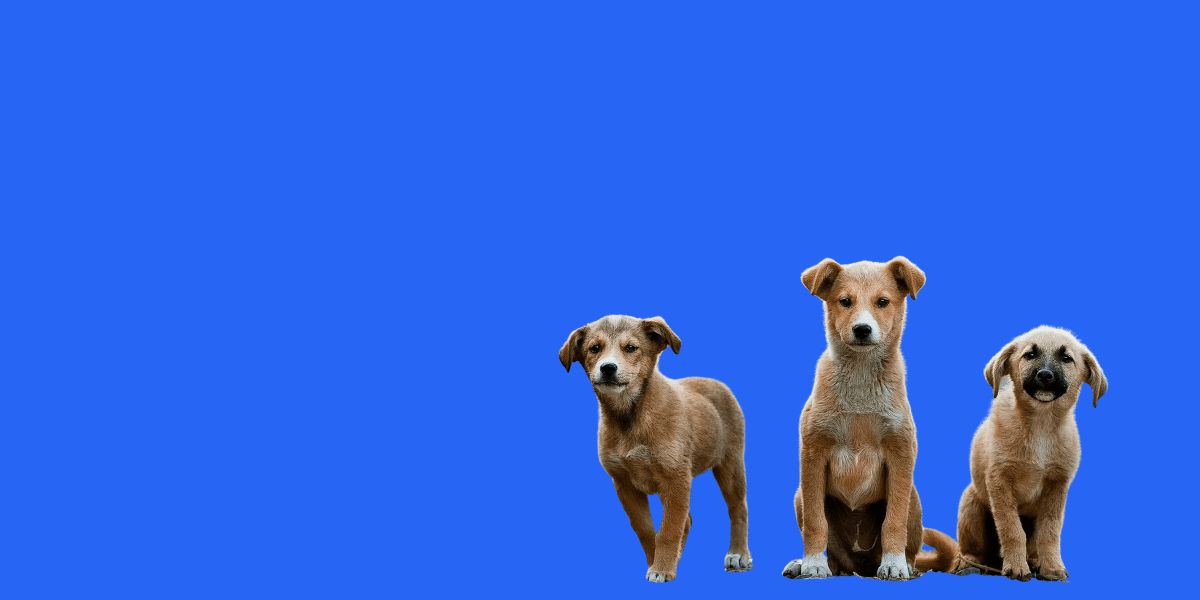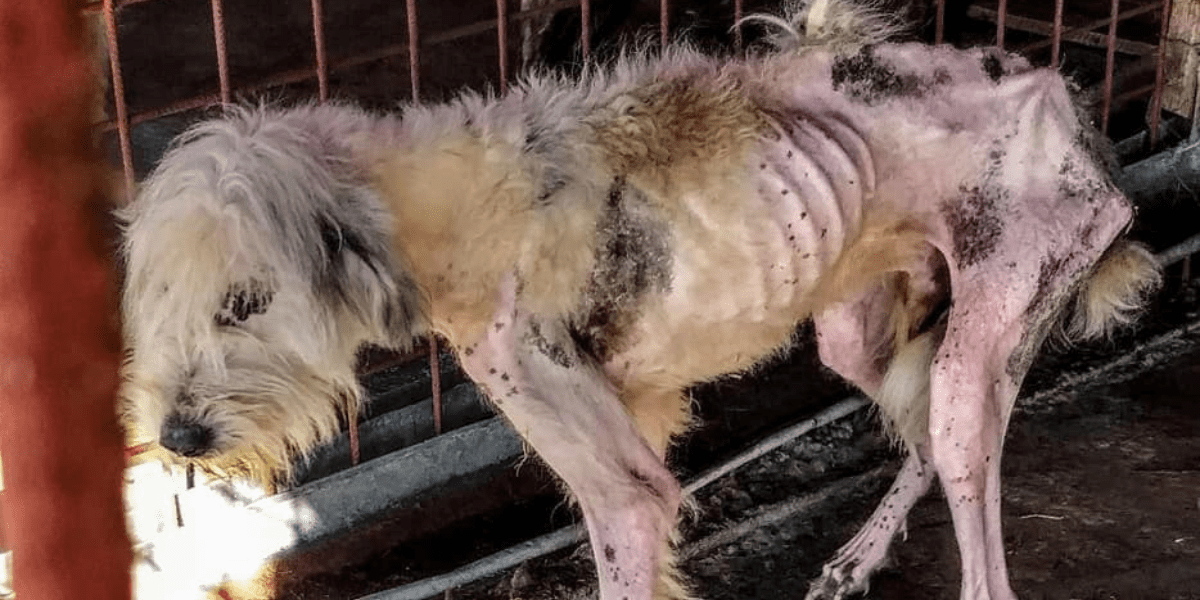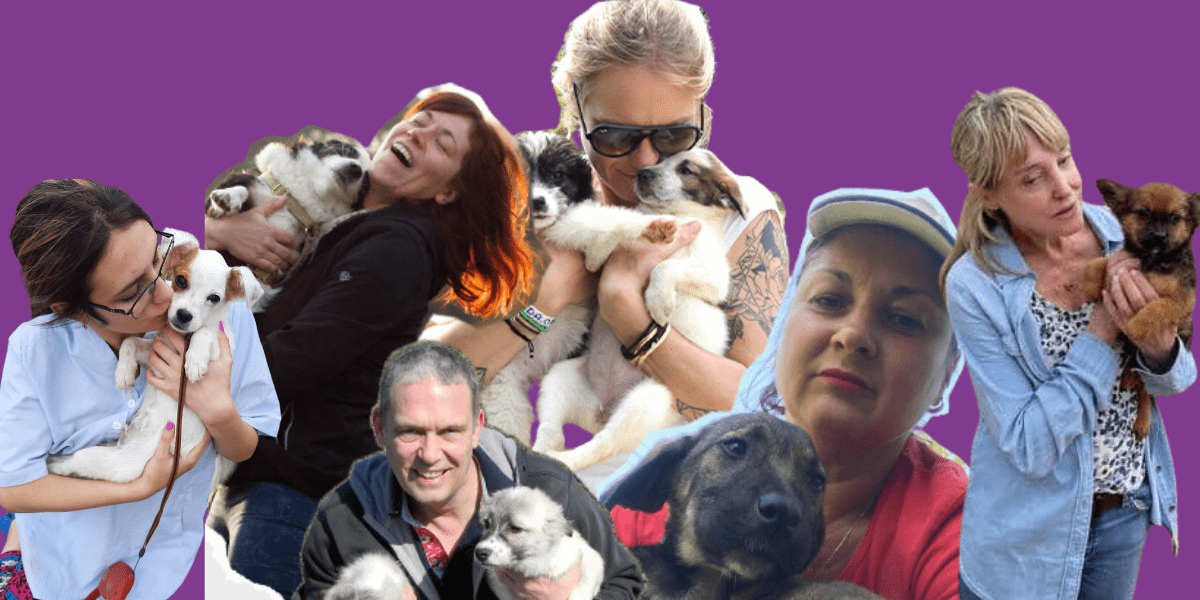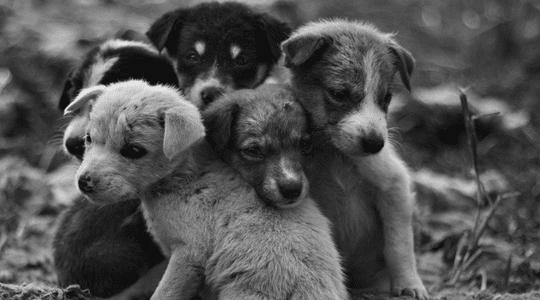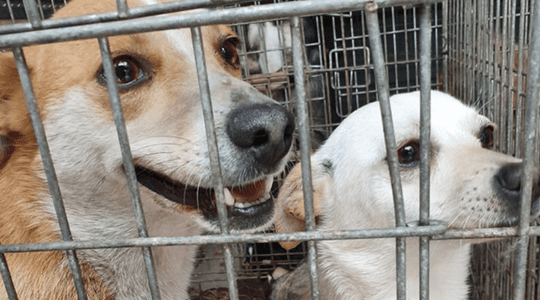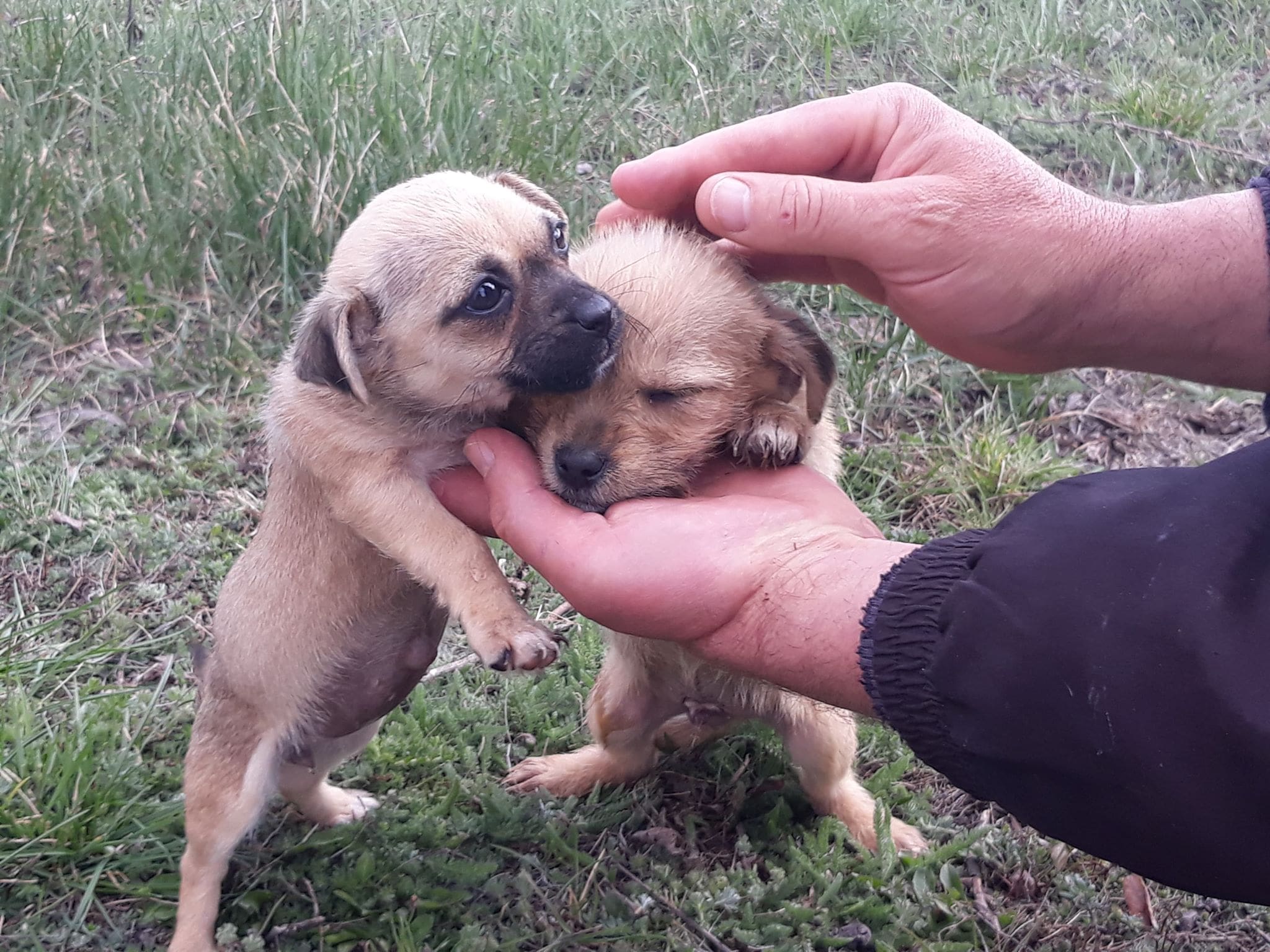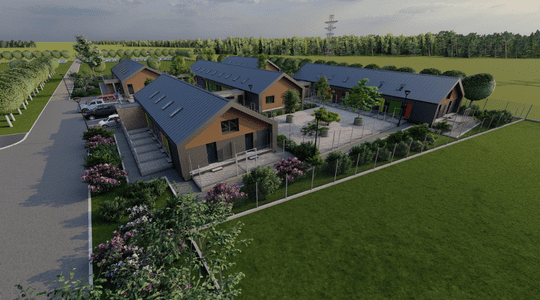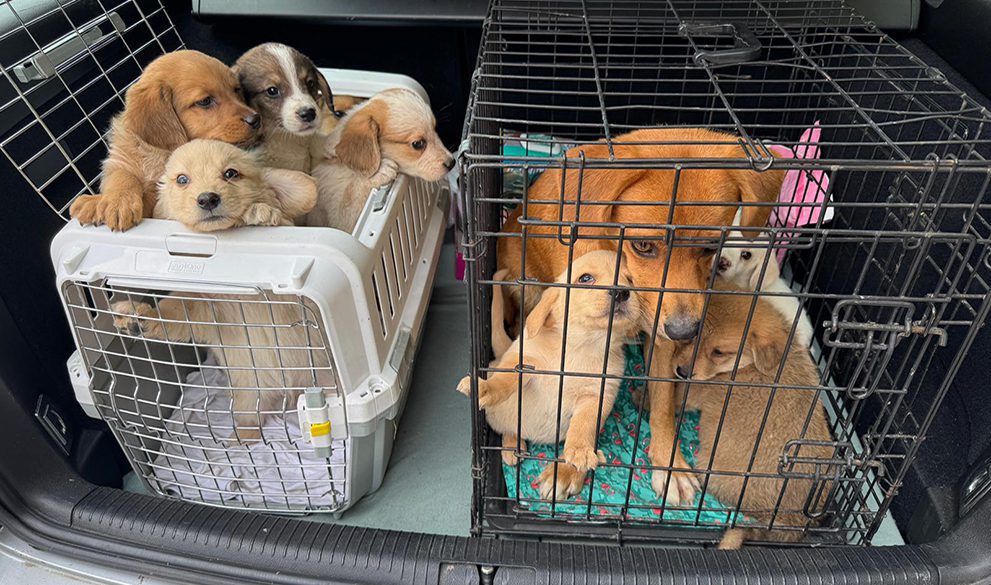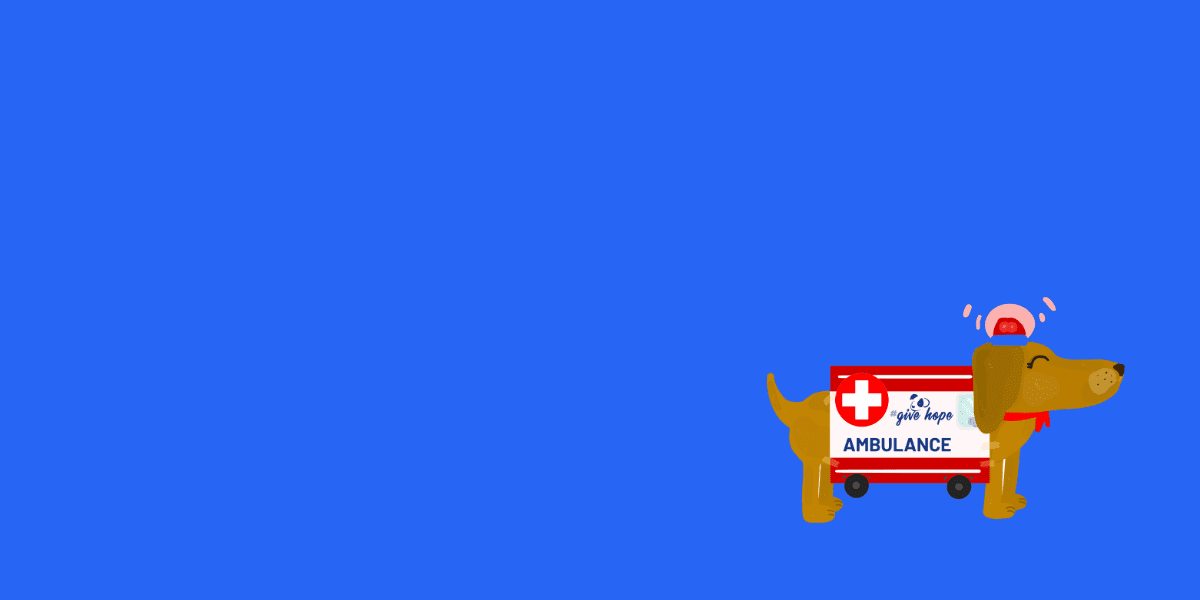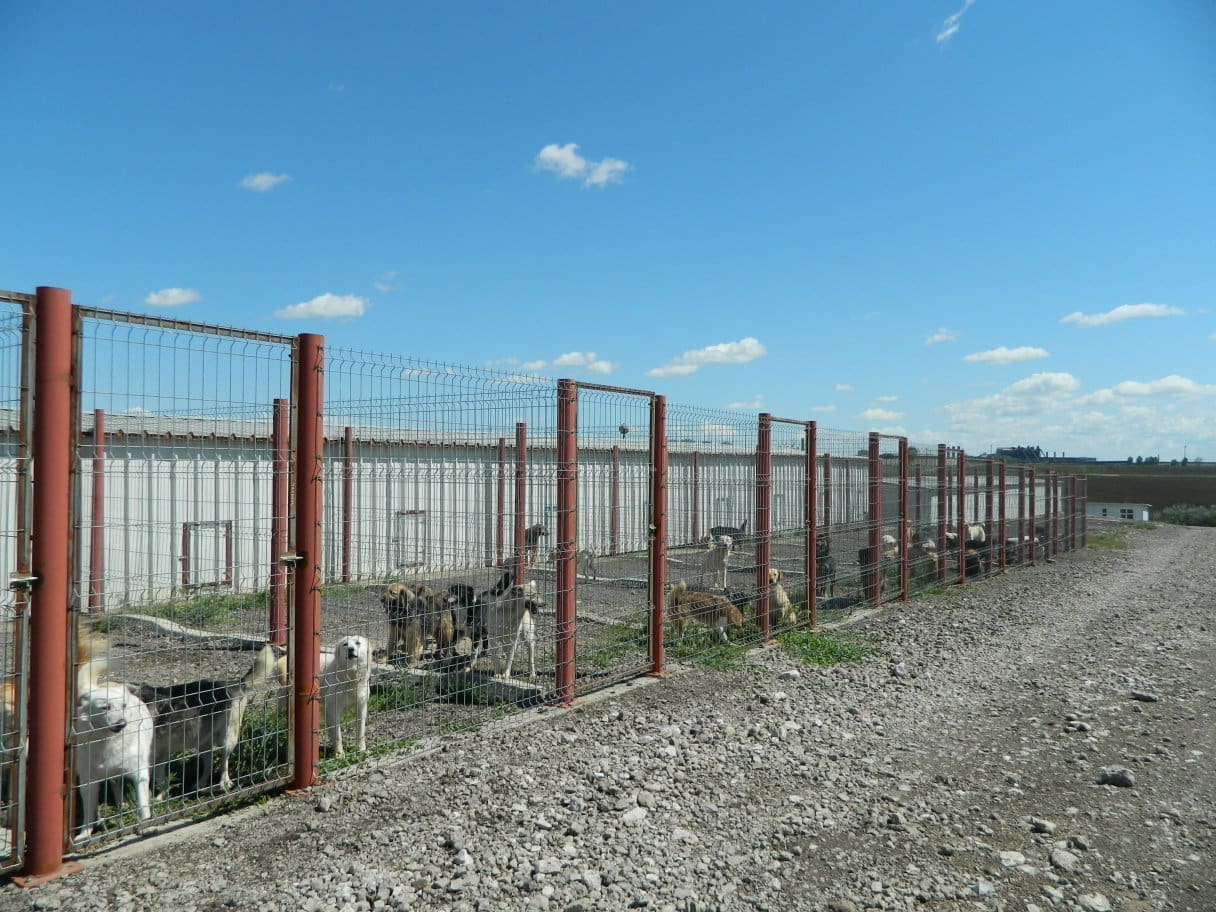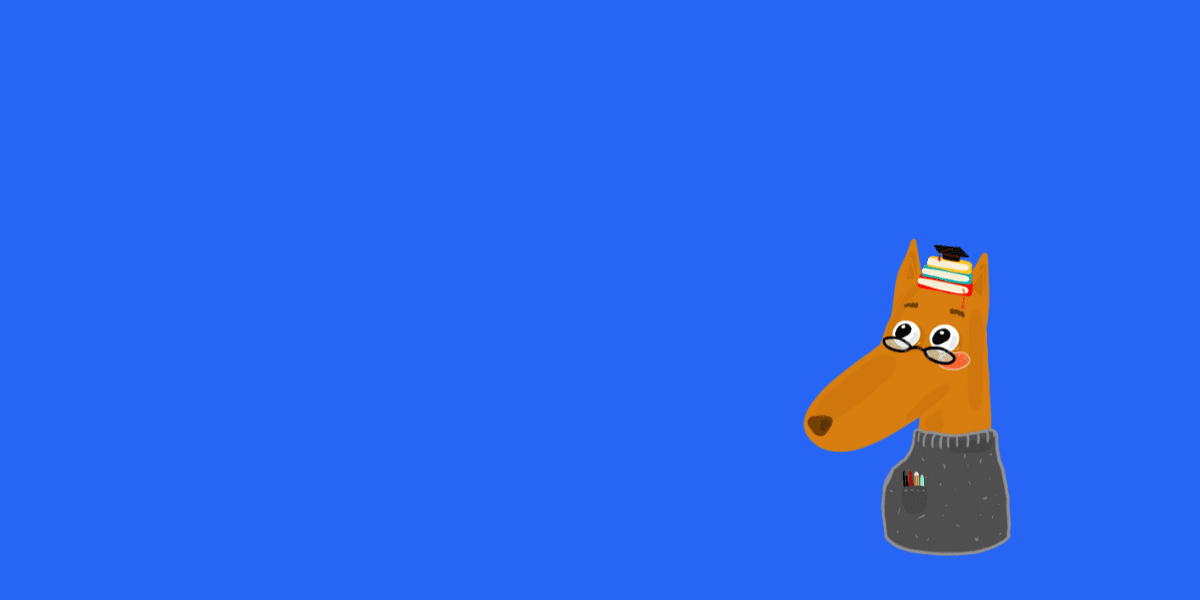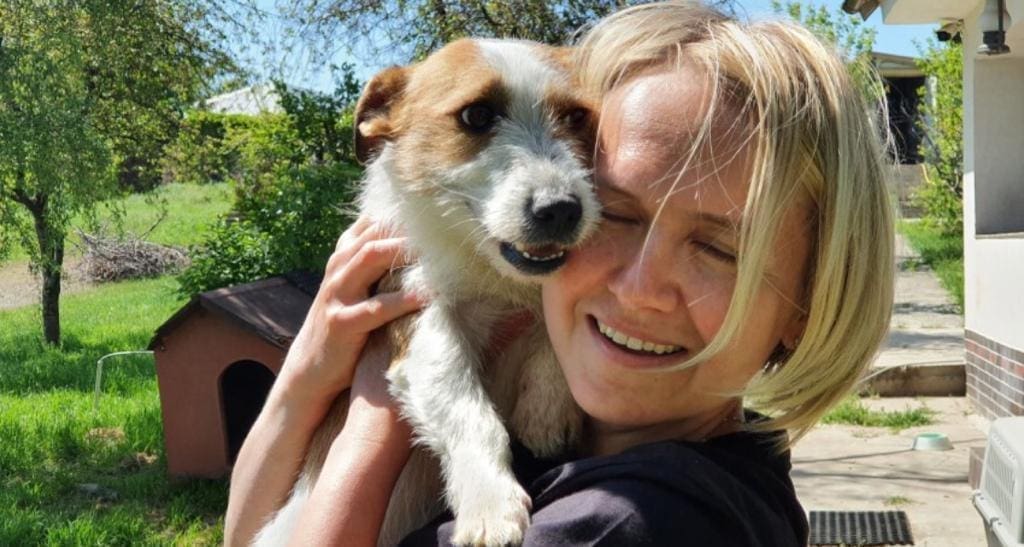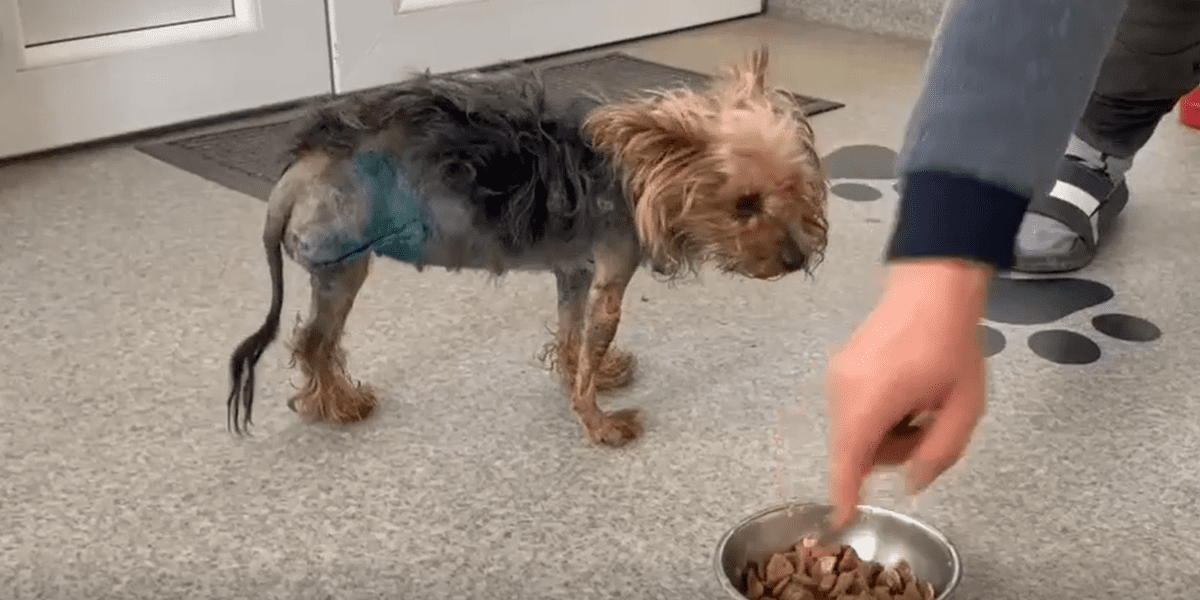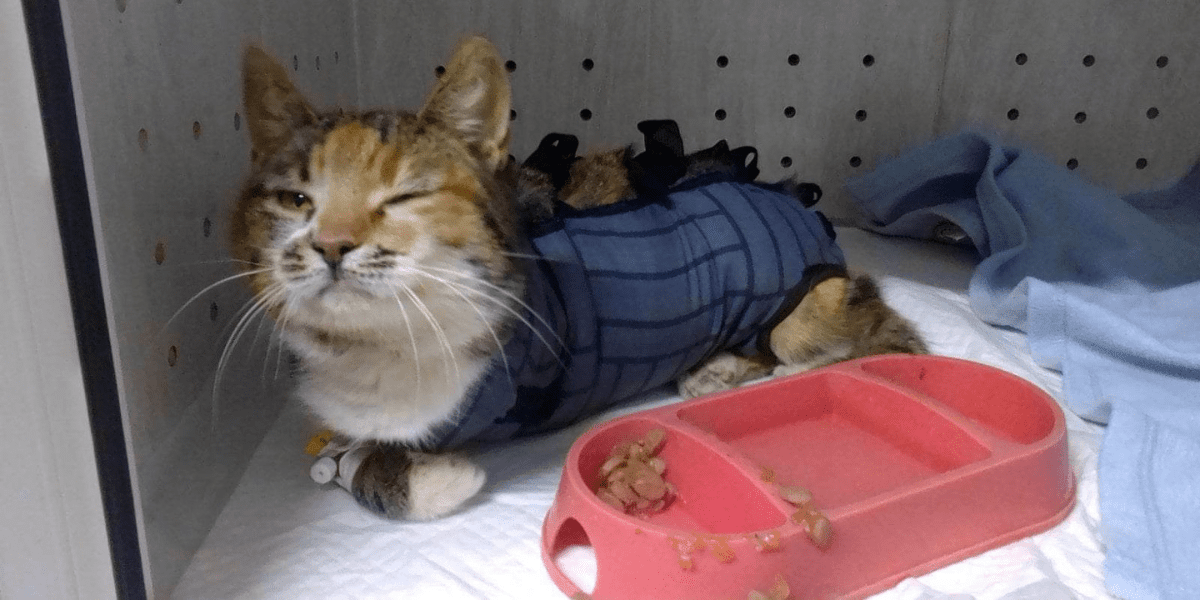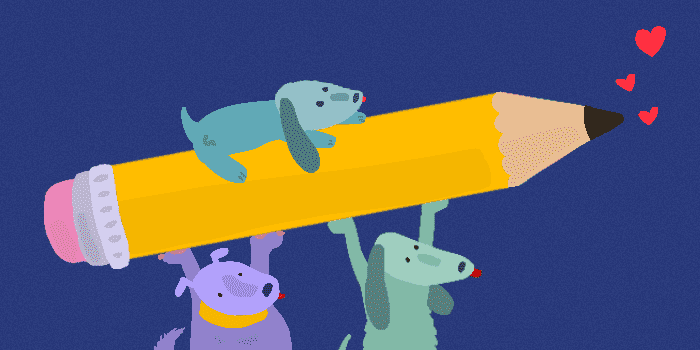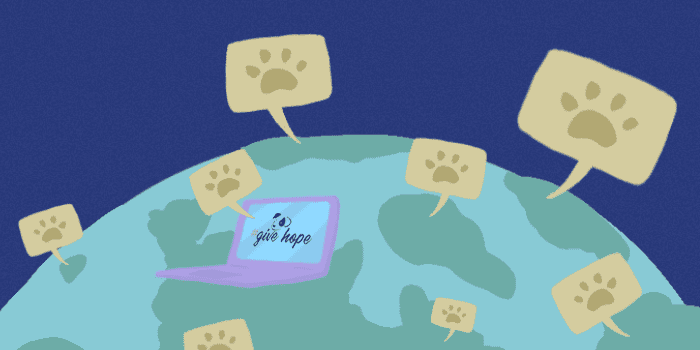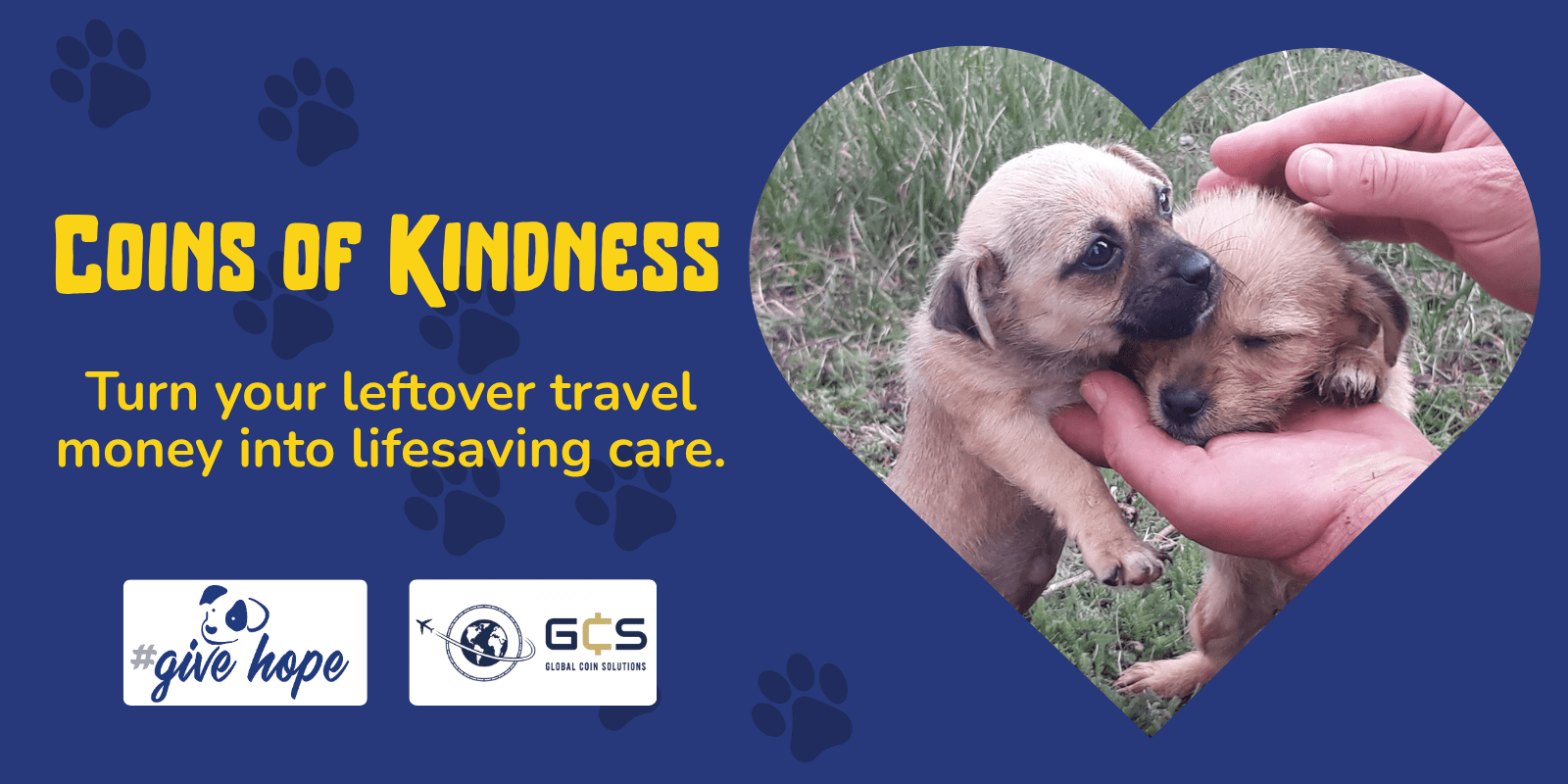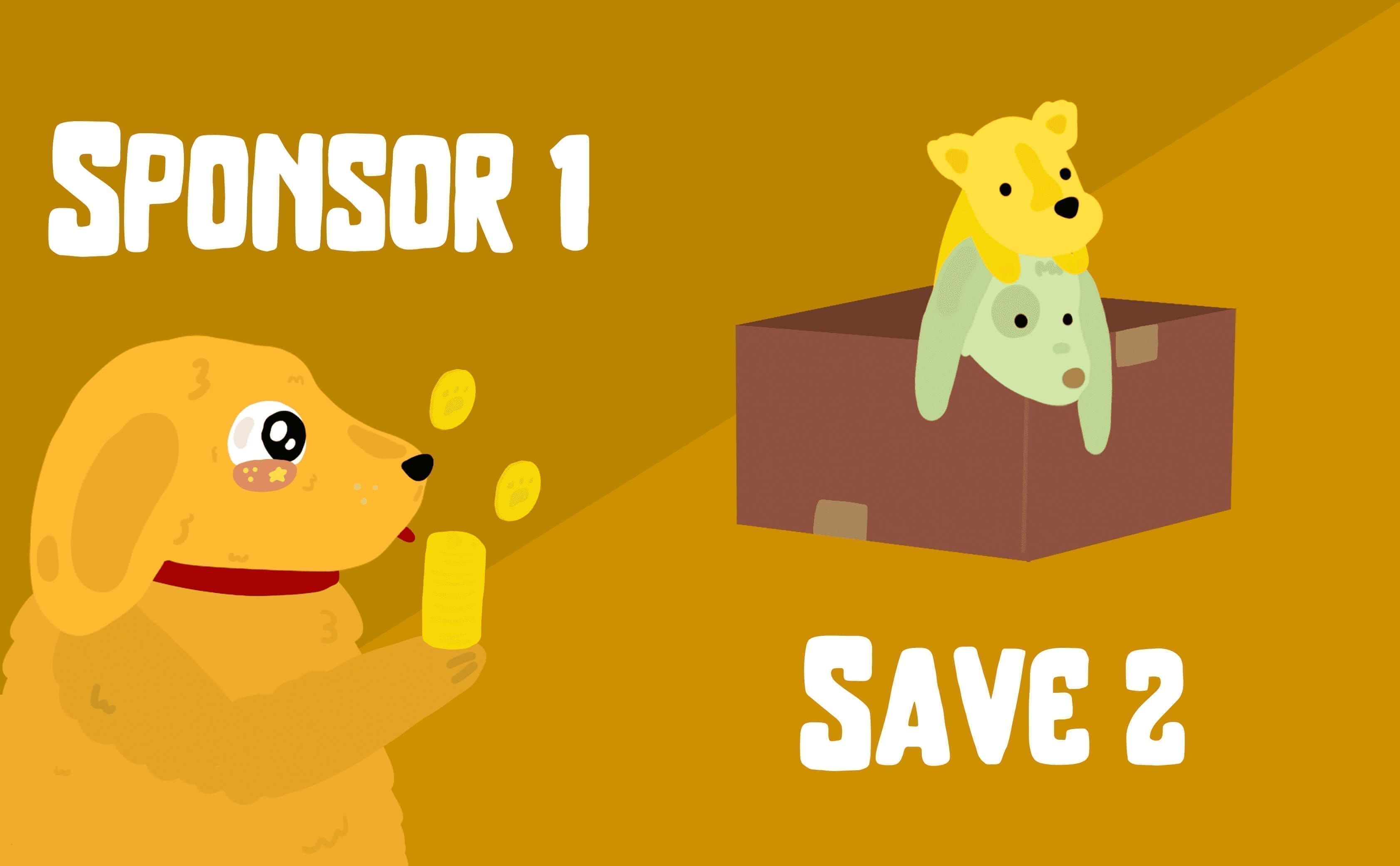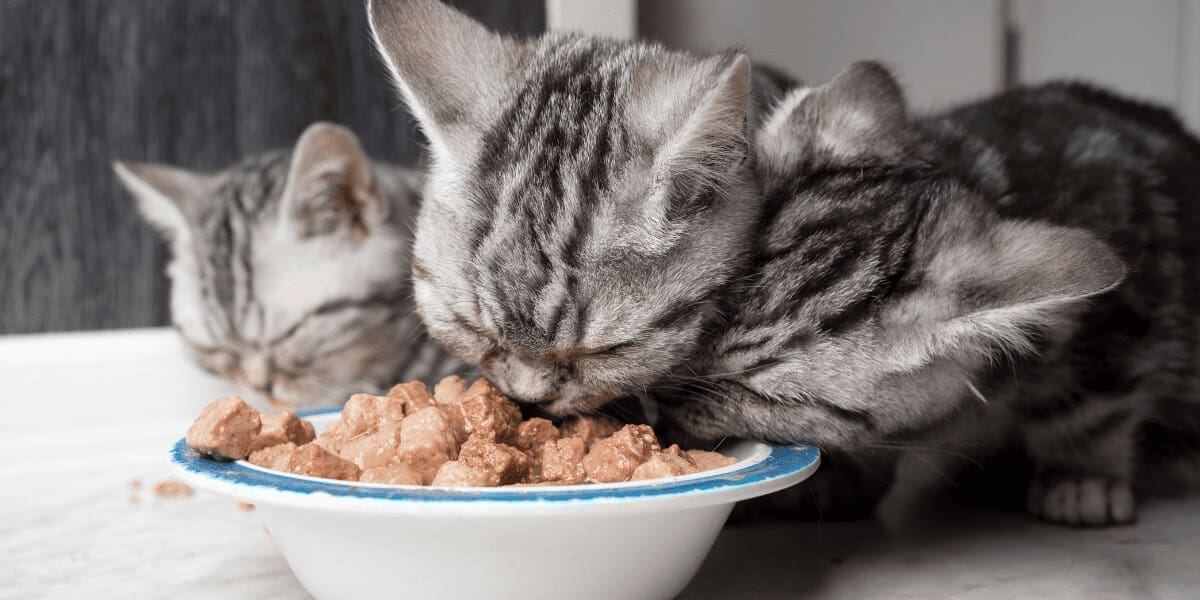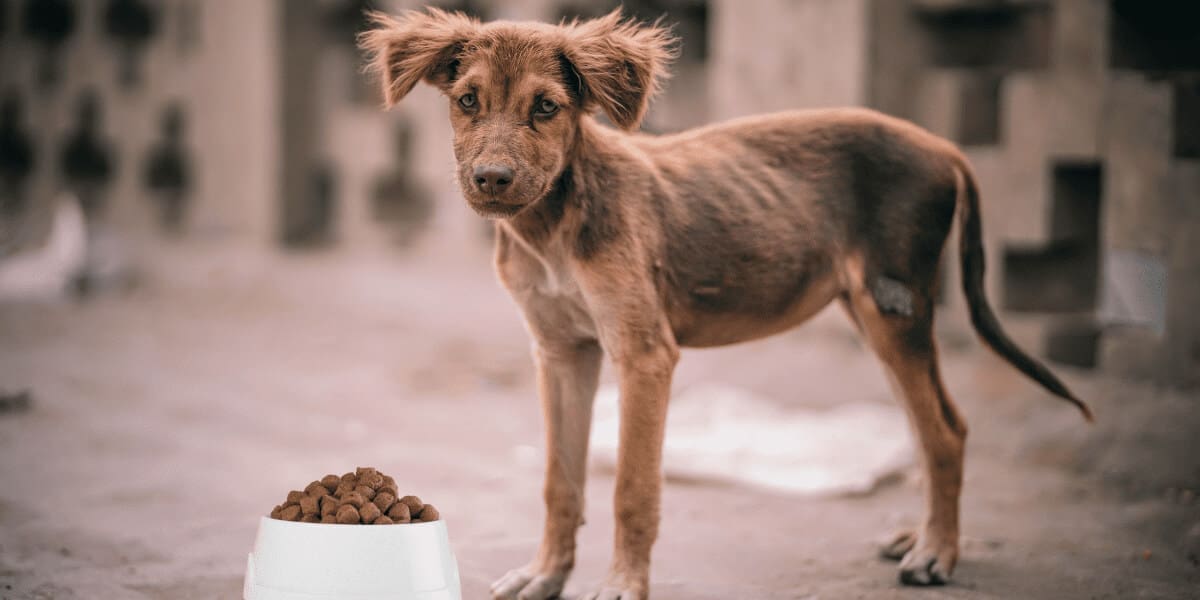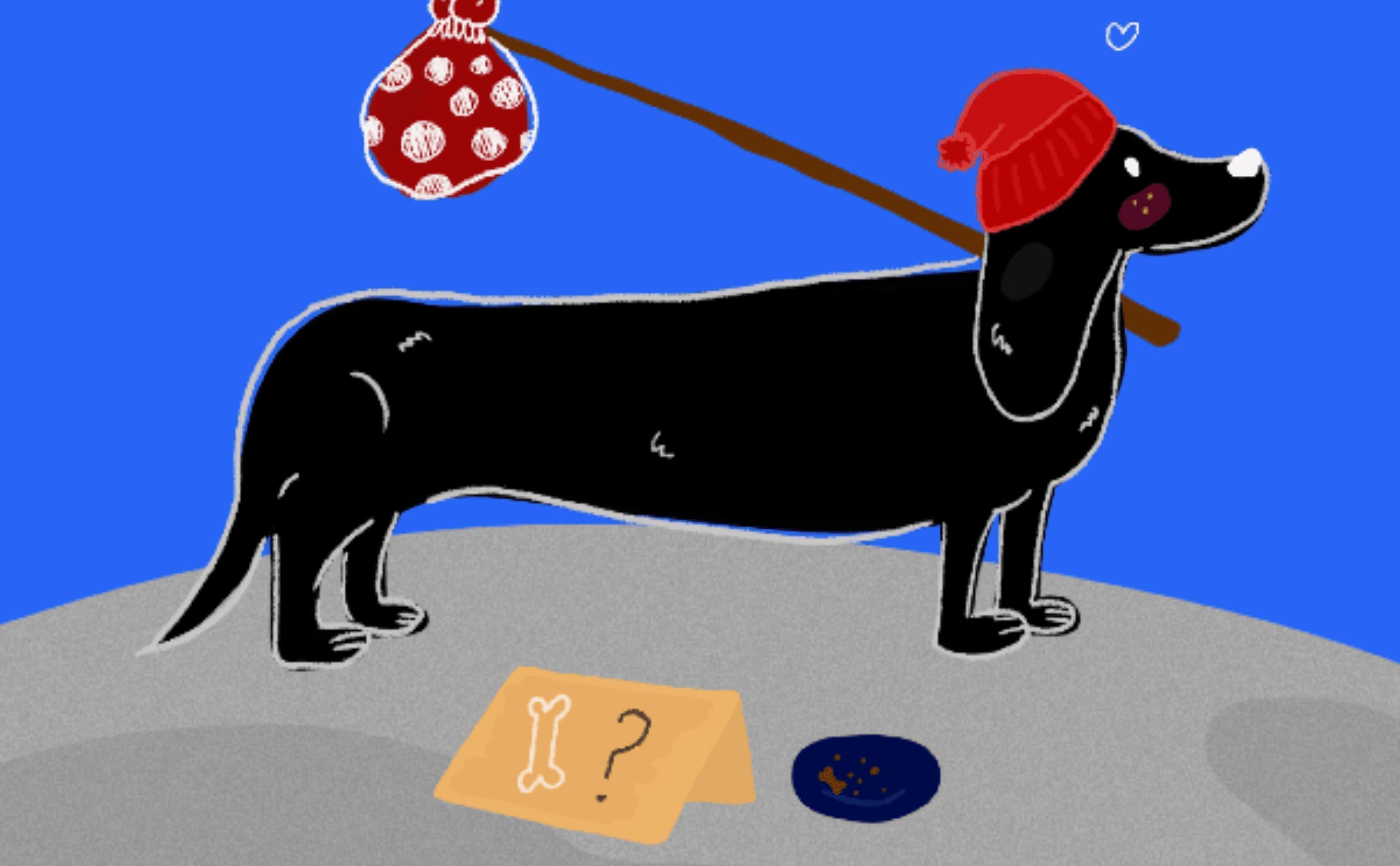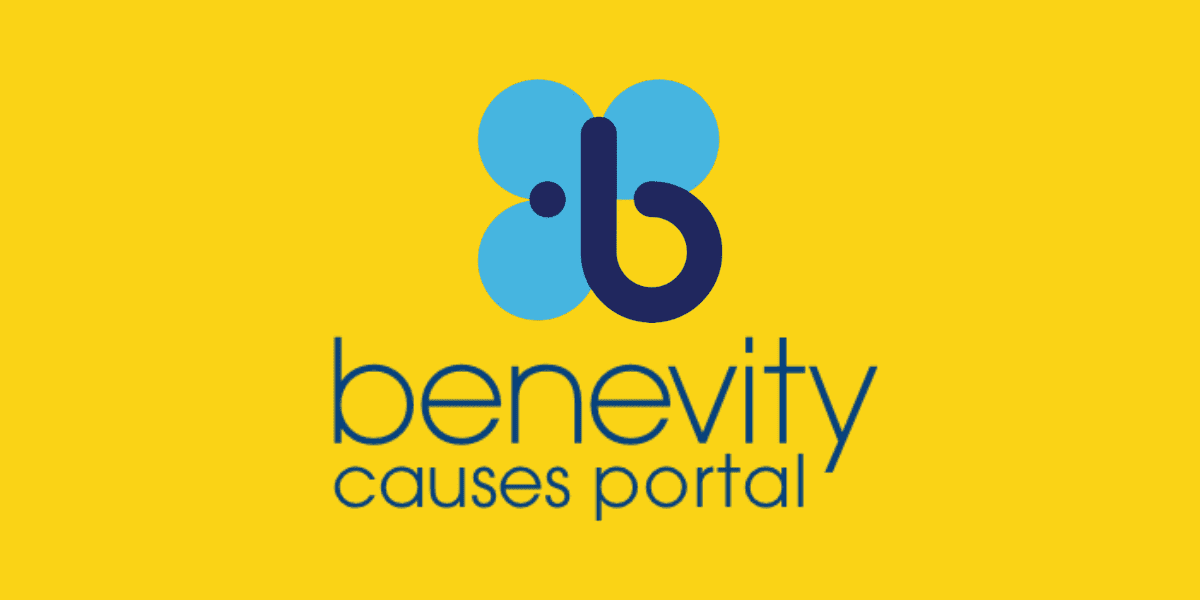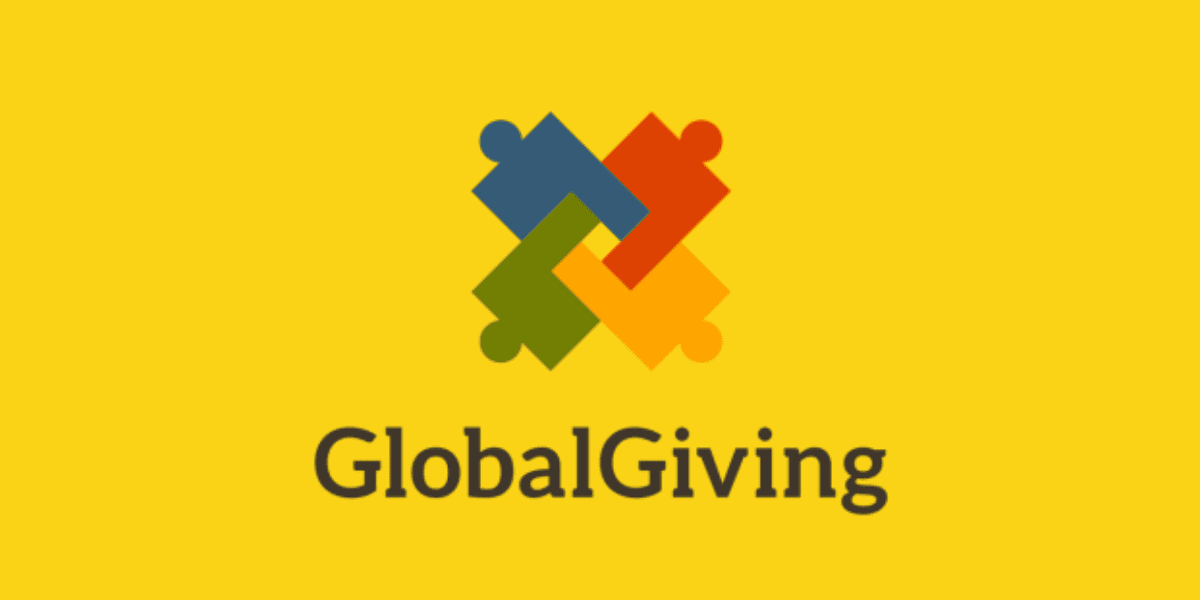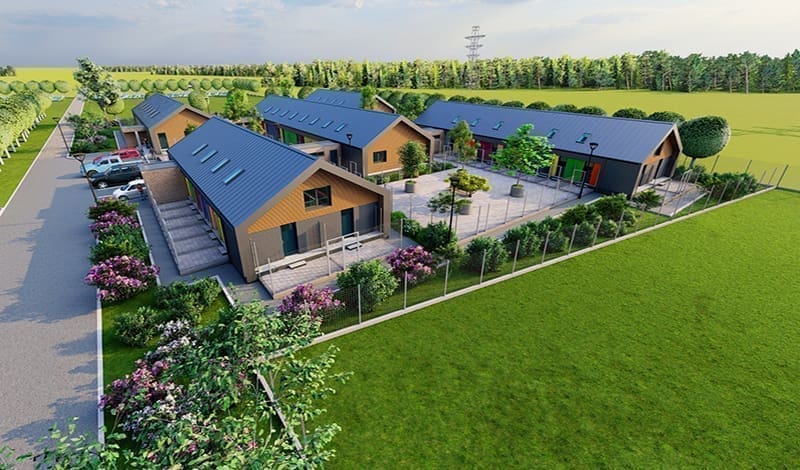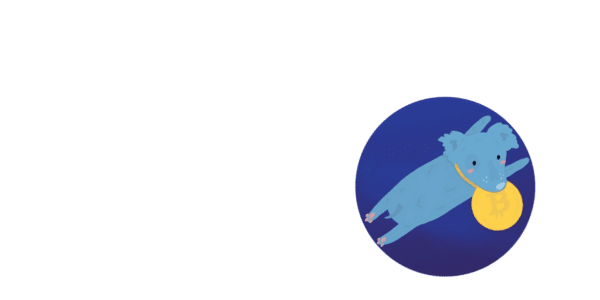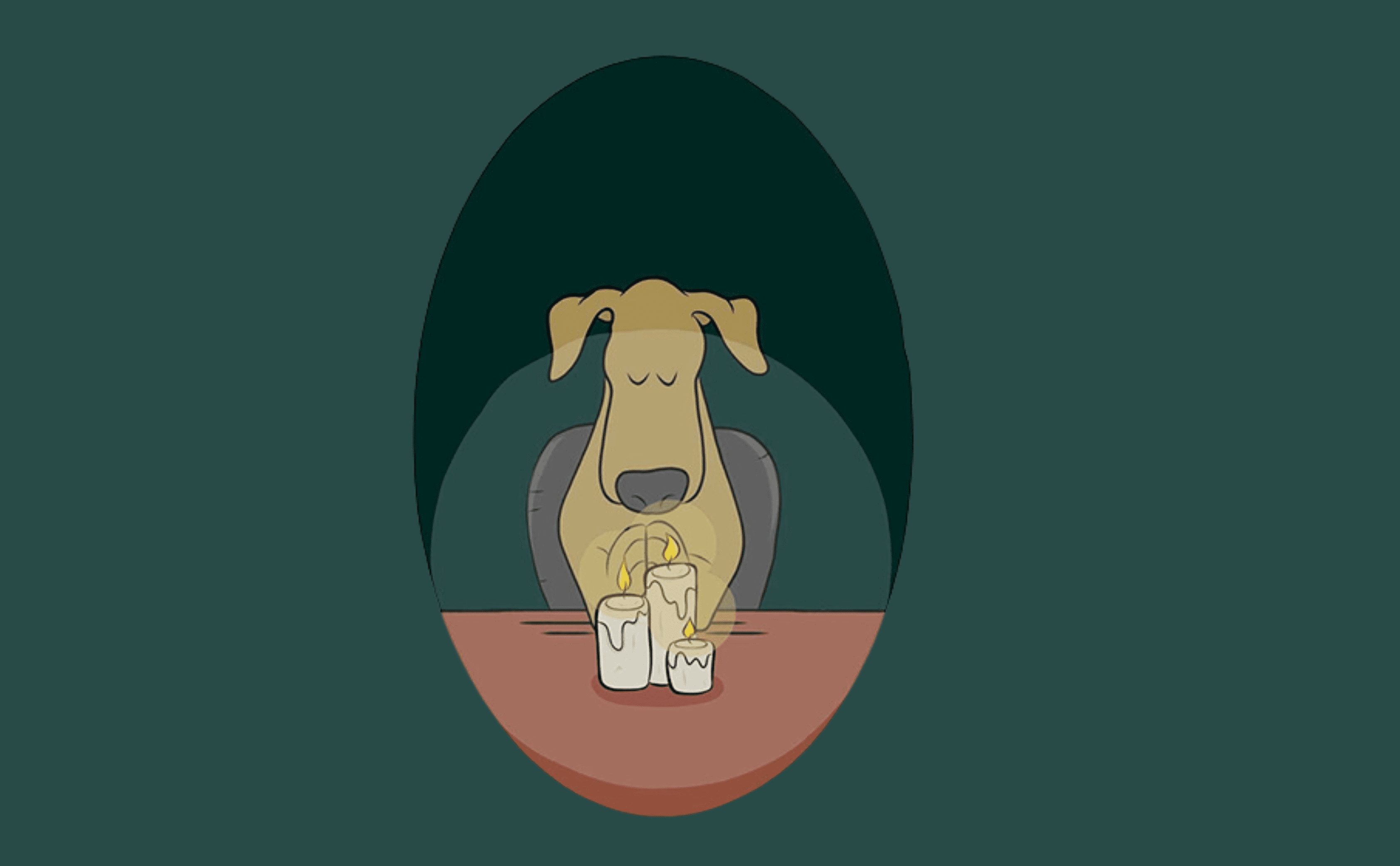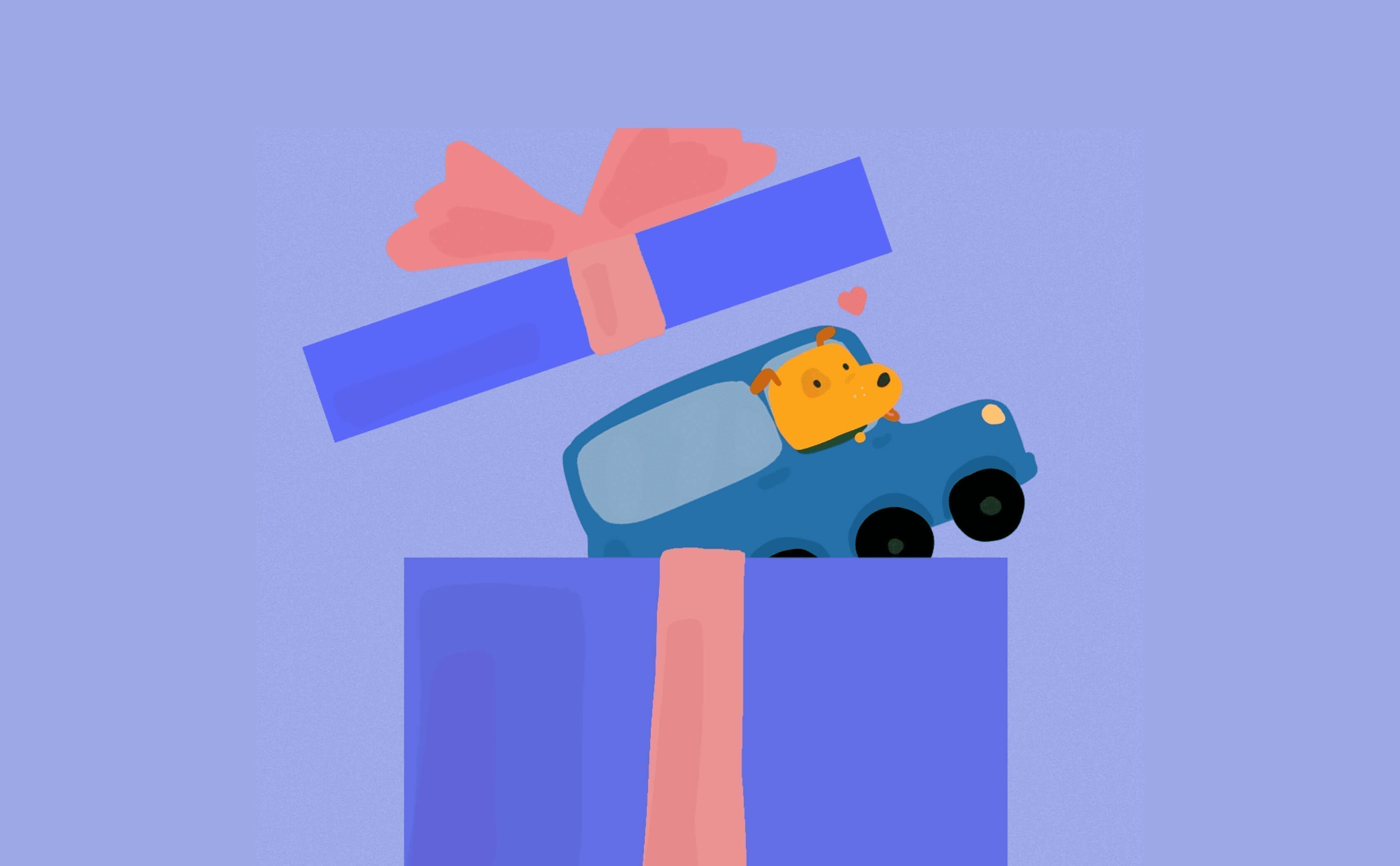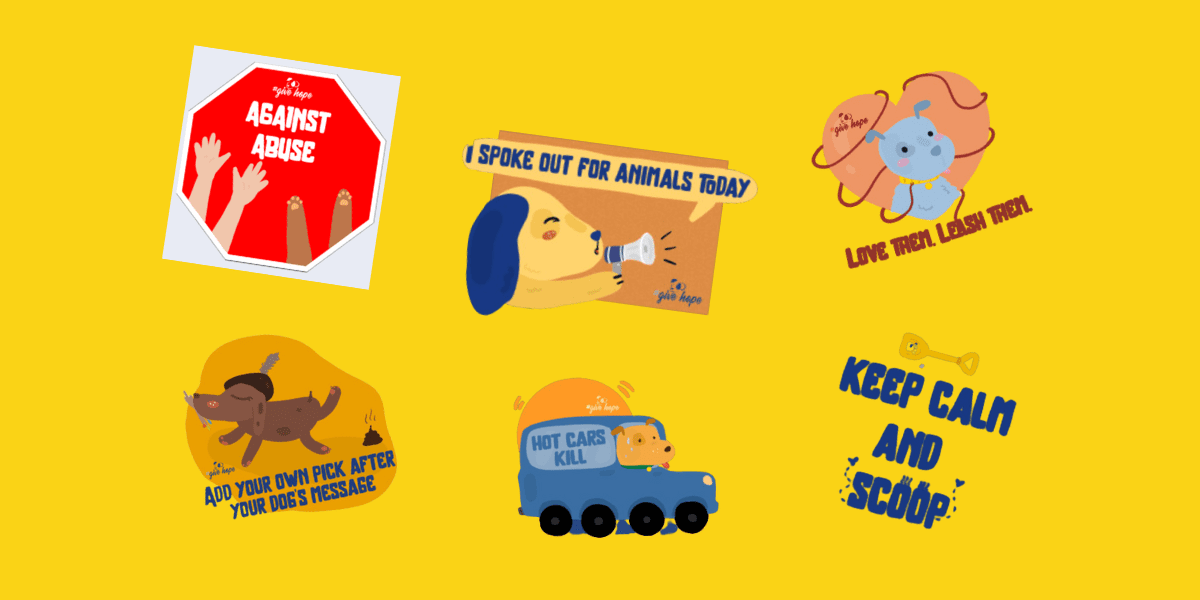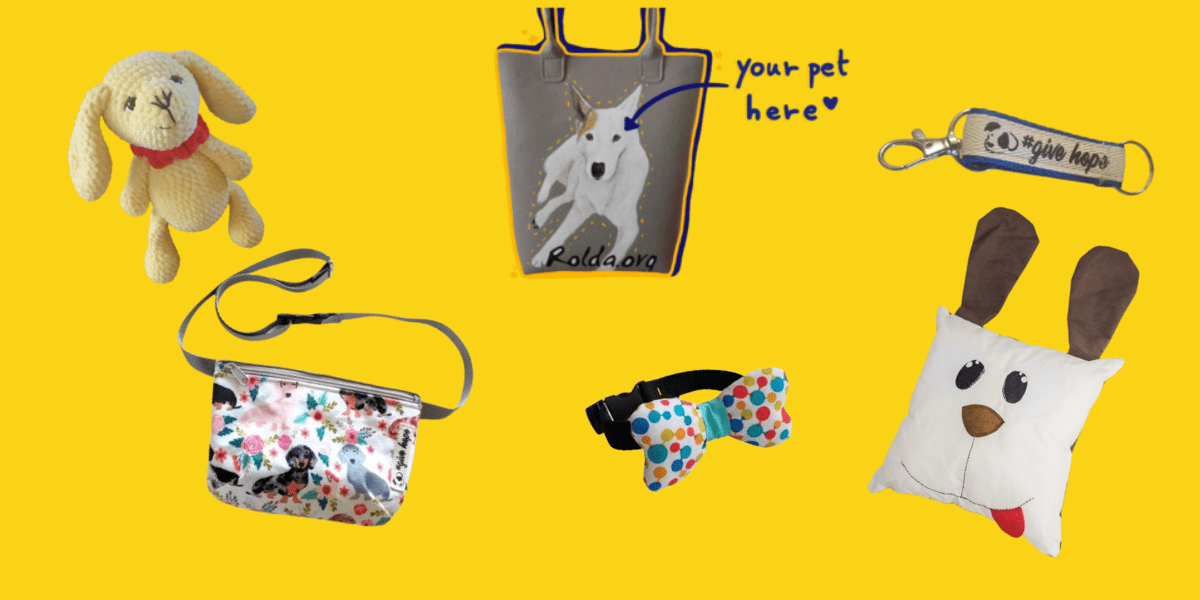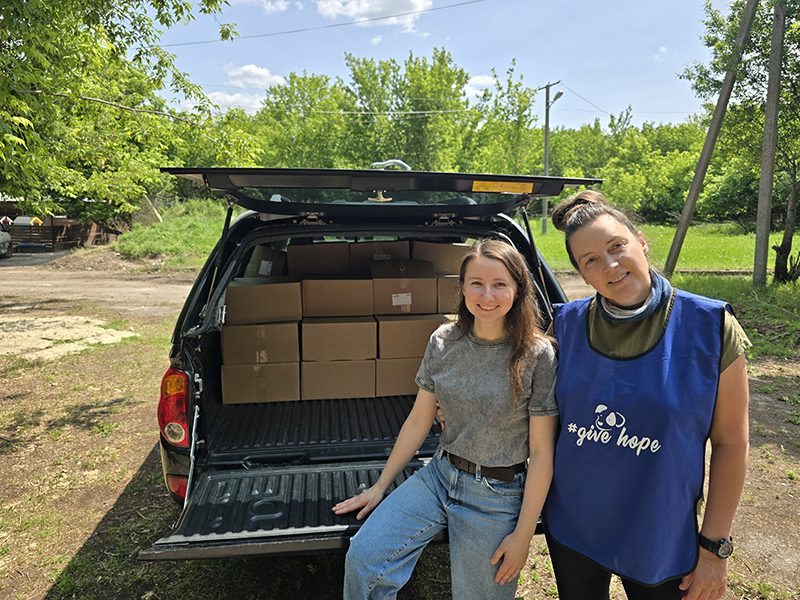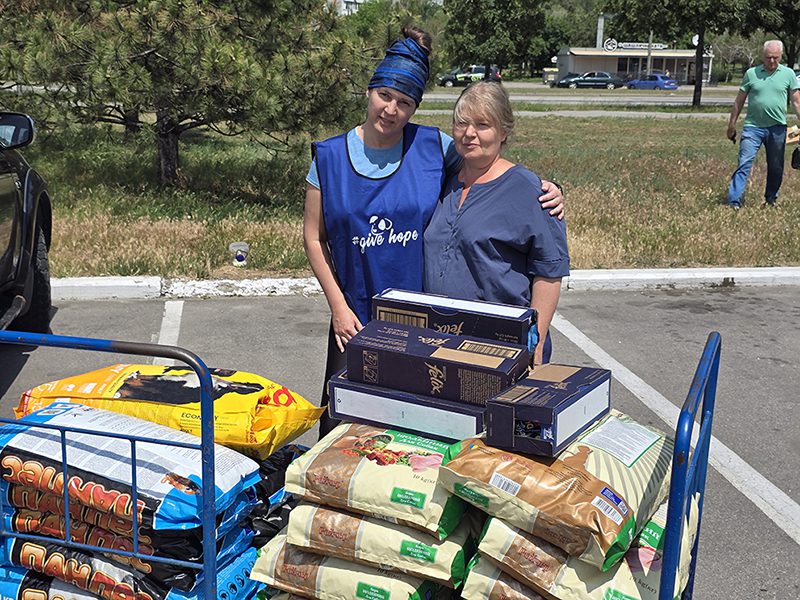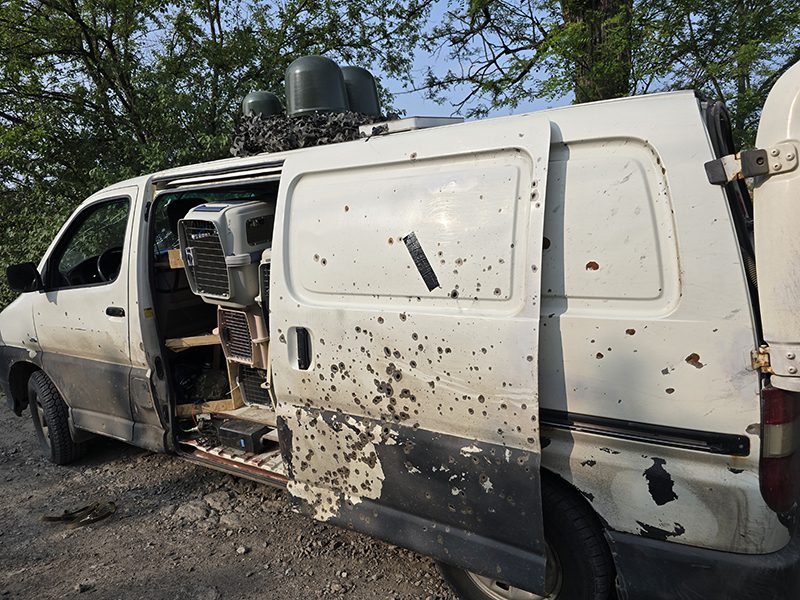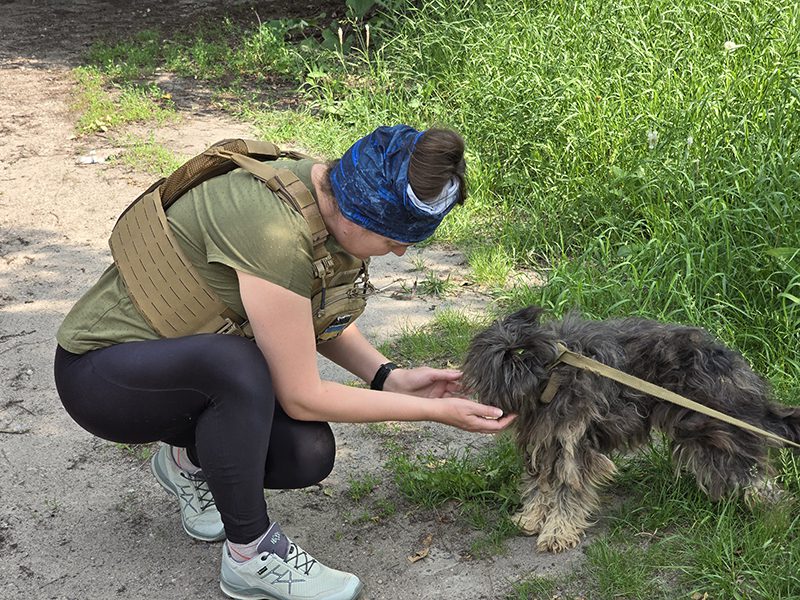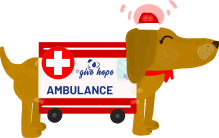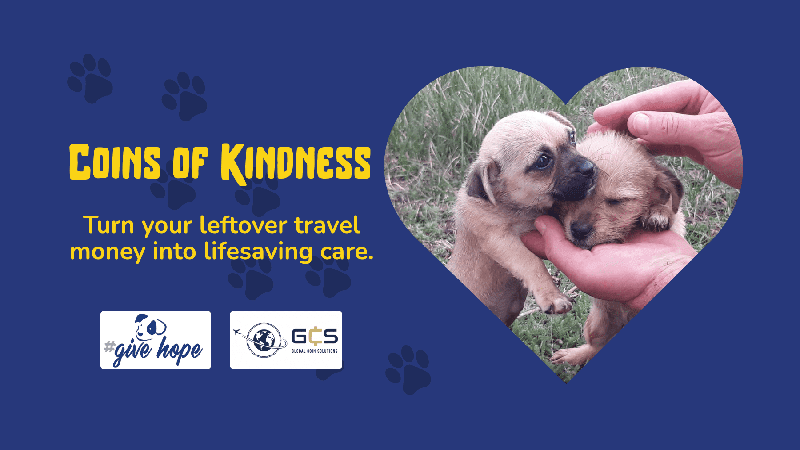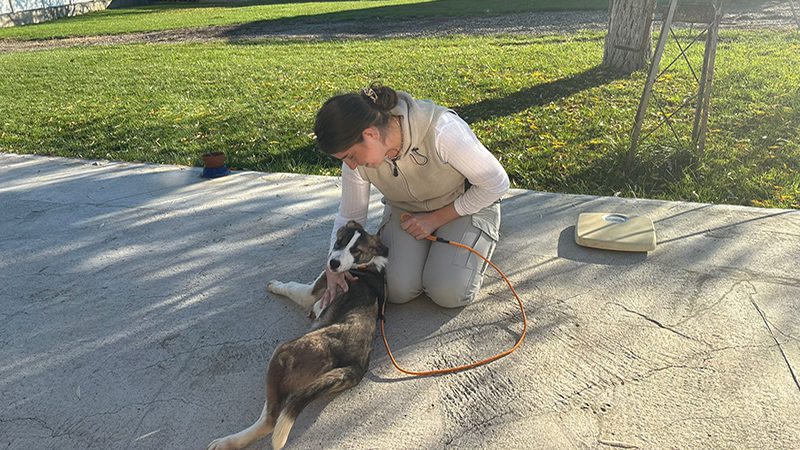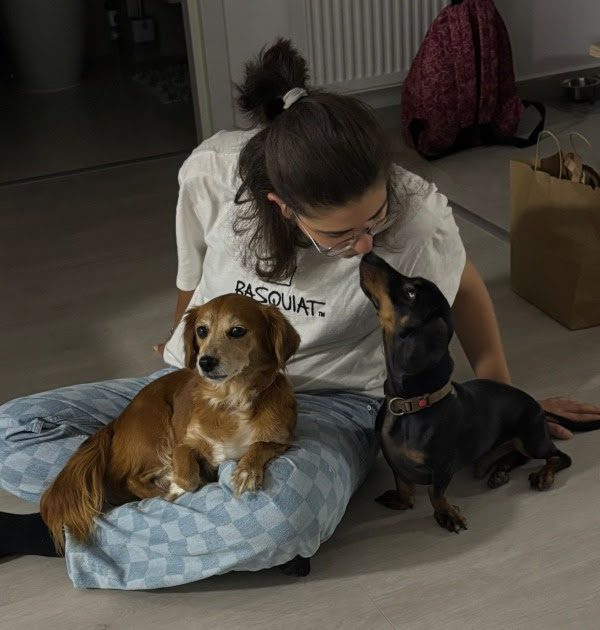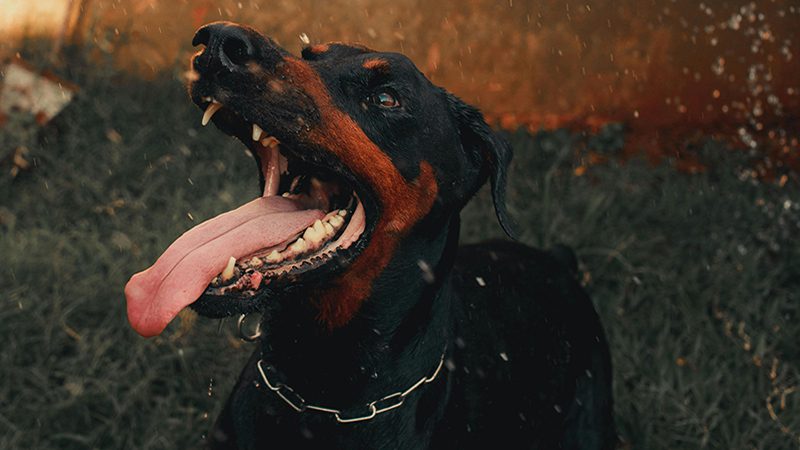Into the War Zone
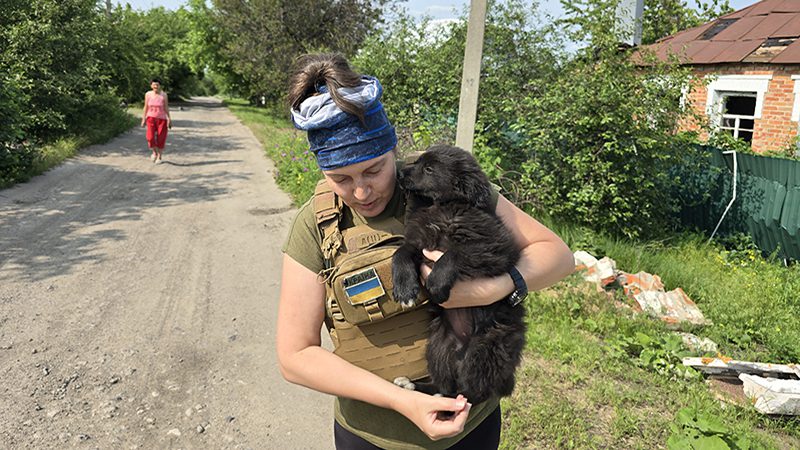
A first-hand account by Dana Costin, Founder of ROLDA
At ROLDA, we like to say that our volunteers are the heart of the charity. The passion, dedication and determination of our volunteers make such a difference that they help shape our future.
Small charities can be highly dependent on volunteers, especially when they cannot afford to pay salaries and hire staff for day-to-day activities. So, it is thanks to volunteers that the World is often transformed in amazing ways by small grassroots causes in the direction that we hope it will one day become.
Throughout my life, I have focused on ROLDA. But when emotionally compelling opportunities started appearing for me to volunteer with like-minded causes in Ukraine, I couldn’t resist. Looking back over the last three years, I might have changed a few things, but at the time, urgency was a priority, and so I made my choices based on my principles, judgment and followed my heart.
The first time I met Ruslan, he picked me up in an old, basic vehicle that had seen better days. What struck me most wasn’t the car—it was his incredible driving skills and his fearless passion for speed. What some might call dangerously fast driving, I quickly realized, was actually a survival skill that had kept him alive through three years of war. Ruslan lives in Kharkiv, a region that has been a hotspot of military action since the invasion began. While some Ukrainian residents in safer areas live relatively peacefully, Ruslan has chosen to remain in an area where death and destruction rain down constantly. Some territories in his region have been lost and regained; others remain under occupation. The permanent shelling and ground attacks have transformed entire cities and villages into mountains of ruins.
As most of the population fled abroad or to quieter areas in Ukraine, Ruslan and his team remained to save animals from depopulated zones or regions evacuated by the authorities. At some point, he also helped people who, until the very last moment, refused to abandon their homes and move only when invading ground troops were almost at their doorstep.
A few days ago, I met up with Ruslan again. I wanted to volunteer again to help with the ongoing task of extracting animals from the war zone. And if I were returning close to battle zones under fire, where situations rapidly change, and exposure to bombs and bullets is a very real threat, I wouldn’t choose many people above Ruslan.
Each time I travel to Ukraine, I must prepare myself mentally. I want to be an asset, not a liability. While I hope to document the lifesaving work that ROLDA supporters make possible, I must prioritize the mission: find animals that need help, secure them, and make a safe, swift exit. Then repeat.
Explaining my trips to colleagues, supporters, friends, and family is always a delicate matter. They have my best interests at heart, and I understand their concerns. Each journey is emotional, upsetting, and undeniably a little dangerous. But I feel compelled to go—these animals have no one else.
For my recent trip, I drove a total of 2400 km from my town in Romania to where I met Ruslan in Kharkiv, with a little detour along the way. My detours were to deliver dry and canned food for dogs and cats in two different cities in the Northeastern Part of Ukraine, both near the frontline. Things quickly became very serious once I met Ruslan, and our mission took us as close as 5.5 km from the live shooting zone, where Russians were bombing a forest where they thought the Ukrainian army hid.
Not long ago, Kupiansk used to look like any other city in the Kharkiv region. Kupiansk was under Russian occupation for some time, but was later retaken by Ukrainian forces. As a result, most of the buildings are now in ruins, and the people who remain there lead exceptionally tough lives. I witnessed something again that I had learned on previous trips to Ukraine: the people who choose to live here now are fiercely tough and proud. It is a genuine honour to help those who dedicate and risk their lives to help the animals abandoned here. When they risk so much, I consider my volunteering the very least I can do to encourage and support them.
Before we arrived, bombs were shaking the ground from 8 am until 12 pm. And soon after we arrived, the warning alarms started, and we could hear the noise of bombs not very far into the forest, which we could then see beginning to burn. Watching Ruslan’s reactions was enough to gauge how close the danger was. He also used personal connections in the military that he had developed to help protect himself and his team and maximise the success of his higher-risk missions. It seems to me that he has become such a skilled specialist that he enjoys the adrenaline thrill from the risk and the reward of successful rescues. I believe he wouldn’t even now swap this self-carved role for a classic, well-paid, six-figure office career.
While visiting, I observed Ruslan giving instructions to new volunteers on how to handle animals. Now, I am not fluent in Russian or Ukrainian. So, I didn’t know exactly what he was discussing with his team, but his gestures reminded me of my own beginnings and how I trained the animal carers at the large ROLDA shelter to correctly enter and exit an enclosure without letting untrained, scared dogs escape when opening the door.
Ruslan’s organization had to move the shelter location because of the battlezone, and they have built new animal enclosures in their new location. I could see that the new shelter is a beautiful place for volunteers to spend time and be helpful for the cause they care about. However, strict rules are in place to ensure it runs smoothly, with correct safety instructions to keep staff and animals safe from dangers and also control diseases.
“Staying away from dangers” is somewhat idealistic in the present context in Ukraine right now; the day after I left Kharkiv, a massive attack with bombs, rockets and drones happened at night and very close to the shelter I had just left. Thankfully, no animals died. But the staff who were there told me it looked like a heavy rain was suddenly coming from the sky, shooting in all directions.
The t-shirt you might see me wearing in a picture or two was a gift from Irina, one of the first people ROLDA was helping when the war in Ukraine started. On the t-shirt back, you see the word for ‘Volunteer’ in Ukrainian: волонтер
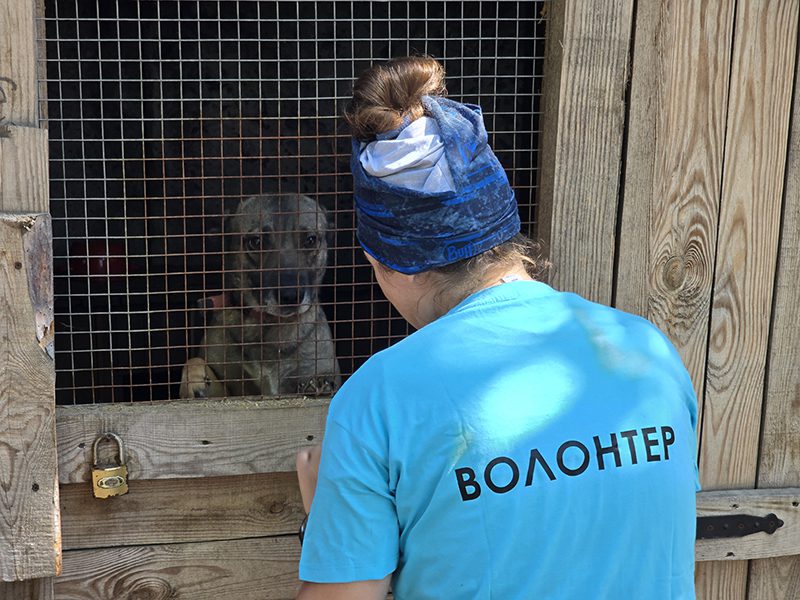
After buying food for animals and visiting her rescue clinic, I went to meet some of the animals that Irina and her small team had rescued. Some are being brought in injured by the military, while the general public finds others.
I believe it is essential for our supporters to see the animals they help recover, of which the vast majority are doing well, and all are being well cared for.
When we got closer to the battlezone, Ruslan stopped the car and gave me a bulletproof vest to put on, but curiously, no helmet. Immediately, I noticed he wasn’t wearing a helmet or a vest. I told him he should at least take back the bulletproof vest he had given to me, since he was a lot more valuable and necessary than I am today. When he refused, I asked him, laughing, why I need a vest if our heads are not protected, especially since drones shoot from above. He replied very casually, “The head is tough”.
Wearing my t-shirt from Irina, I have a sensation, a kind of gut feeling, that the power of fighting for what you love somehow gives you a protective shield that helps you overcome obstacles; it makes you tough.
As I return from Ukraine, I feel a strong sense of fulfilment, purpose and determination. The people I met there, the incredible front-line animal heroes like Ruslan and Irina, are, in conjunction with ROLDA supporters, doing exceptionally important work. Lots of people like pets, but when war comes, they become low-priority, forgotten victims.
The pets of Ukraine have been largely forgotten, and many suffer unimaginably as a result. But I have once again experienced first-hand the life-saving difference that distant, caring animal lovers from around the world can make by donating to the ROLDA Rescue Team.
And I had the privilege to read in those little scared eyes of each animal he holds that there is an immense gratitude that pushes that man further every day, with no protection equipment, with “tough head” and a big heart for the cause he risks his life for over and over.
 non-US support +44 (0)161 531 8801
non-US support +44 (0)161 531 8801

